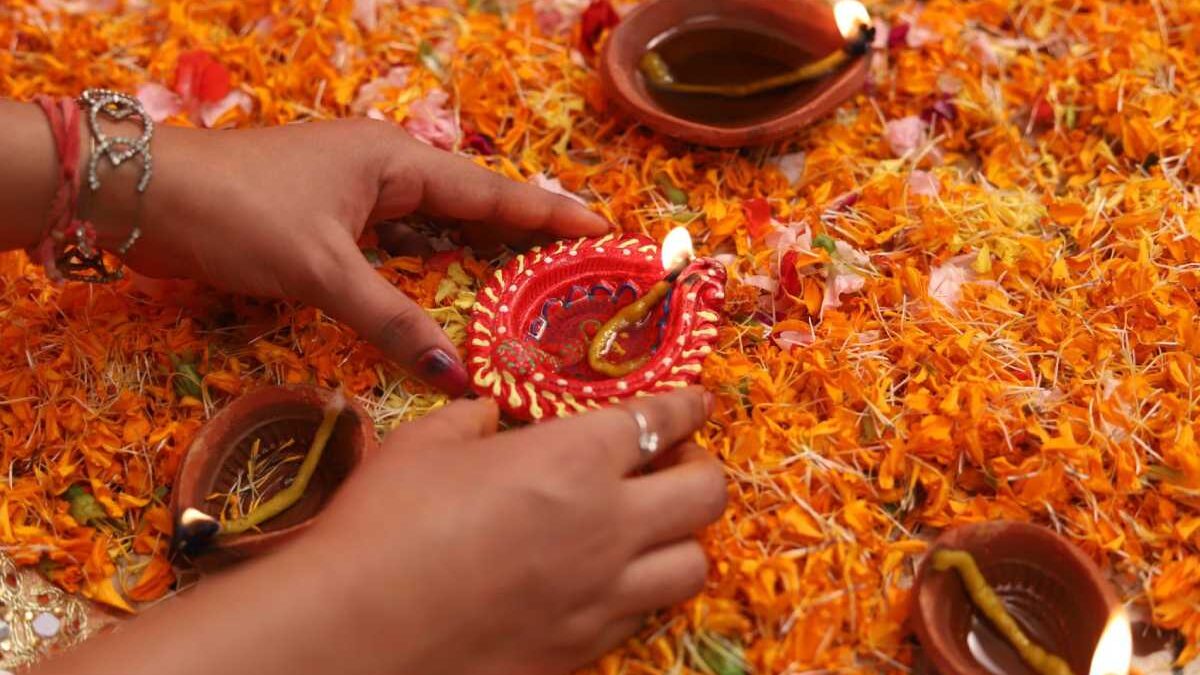Sawan Ka Mahina, also known as the month of Sawan, is a significant time in the Hindu calendar. Find out when this auspicious month begins and all the important details you need to know.
Sawan Ka Mahina, also known as the month of Sawan, holds great importance in the Hindu calendar. It is a time of devotion and spiritual significance for many Hindus. If you’re wondering when this auspicious month begins and want to learn more about its traditions and rituals, we have all the important details you need to know.
Significance of Sawan Ka Mahina Kab Se Shuru Hai

Sawan Ka Mahina, also known as the month of Sawan, holds immense significance in the Hindu calendar. It is believed to be a time of devotion and spiritual growth for many Hindus. During this month, devotees engage in various rituals and practices to seek blessings and show their dedication to Lord Shiva. The month is marked by fasting, offering prayers, and visiting temples. It is believed that God Shiva is particularly pleased during this time and grants the wishes of his devotees. It is a time of deep reverence and spiritual connection for Hindus, and it is important to understand and respect the traditions associated with this auspicious month.
Sawan Ka Mahina Kab Se Shuru Hai
Sawan Ka Mahina, or the month of Sawan, typically begins in the month of July or August, according to the Hindu calendar. The exact start date can vary each year, as it is determined by the lunar calendar. The month of Sawan lasts for approximately 30 days, with devotees observing various rituals and practices throughout this period. It is considered a highly auspicious time for worshipping Lord Shiva and seeking his blessings. During this month, devotees often fast on Mondays, visit Shiva temples and offer prayers and offerings to Lord Shiva. It is important to consult a Hindu calendar or seek guidance from a knowledgeable source to determine the exact start date and duration of Sawan Ka Mahina each year.
Rituals and Traditions during Sawan Ka Mahina.

During Sawan Ka Mahina, devotees engage in various rituals and traditions to honour Lord Shiva. One of the most common practices is fasting on Mondays, known as “Sawan Somvar Vrat.” Devotees abstain from consuming food and water for the entire day and offer prayers to God Shiva. Some people also choose to observe partial fasting, where they consume only fruits, milk, and other light foods. Additionally, devotees visit Shiva temples and perform special prayers and rituals, such as offering milk, water, and flowers to the Shiva Lingam. Many people also participate in Kanwar Yatra, a pilgrimage where devotees carry water from holy rivers to offer to Lord Shiva. Overall, Sawan Ka Mahina is a time of deep devotion and spiritual significance for followers of Lord Shiva.
Importance of Fasting and Worship during Sawan.
Fasting and worship during Sawan Ka Mahina hold great importance for devotees of Lord Shiva. Fasting on Mondays, known as “Sawan Somvar Vrat,” is believed to bring blessings and fulfilment of desires. It is believed that by abstaining from food and water, devotees can purify their mind, body, and soul, and strengthen their devotion to Lord Shiva. The act of fasting is seen as a form of sacrifice and dedication to the deity. Additionally, offering prayers and performing rituals during this month is believed to bring good fortune, prosperity, and spiritual growth. It is a time for devotees to connect with Lord Shiva on a deeper level and seek his blessings for their well-being and happiness.
Festivals and Celebrations in Sawan Ka Mahina.
Sawan Ka Mahina is a time of vibrant festivals and celebrations in the Hindu calendar. Devotees across India and other parts of the world come together to honor Lord Shiva and seek his blessings. One of the most popular festivals during this month is the Kanwar Yatra, where devotees carry water from the holy Ganges River and offer it to Lord Shiva in their local temples. The streets are filled with processions, music, and dance as devotees make their way to the temples. Chanting prayers and singing hymns. Other celebrations include the Teej festival, where married women fast for the well-being of their husbands, and the Nag Panchami festival, where snakes are worshipped for protection and blessings. These festivals not only bring communities together but also provide an opportunity for spiritual growth and devotion to Lord Shiva.

